**This is a personal story, and is not meant to substitute medical advice. Rather it is an example of weighing risks and benefits, gathering evidence-based information, and coming to a care decision in conjunction with medical professionals.**

In December of 2012, I went for a routine checkup with my Primary Care Physician. My son was 20 months old, and in true mother-of-a-toddler fashion, I was exhausted. I worked full-time outside the house, was still nursing a few times a day when we were home, and spending my free time chasing this very mobile child around our New York City neighborhood. Overall I felt fine, though it had been a rough year. The previous January, when the kiddo was about 10 months old, we ALL got a horrible stomach bug, which left me about 11 pounds lighter. Normally, vomiting- and diarrhea-related weight loss comes right back after you get better, but for me it stayed off. Awesome! I attributed it to the kid learning to walk, still nursing on-demand, still pumping during the day, and generally not stopping to take a breath. Ever. Then over the next few months, I had several recurring throat infections -- not strep, just a nasty tonsil infection that kept coming back. They would get so swollen that I couldn't eat, and FIVE times in FOUR months I put myself on a liquid diet for at least 2 days each (and bought stock in Jamba Juice). Each time, there went another 4 or 5 pounds. By the fall, I was down 35 pounds from that January starting point. I didn't complain, because it had been so (relatively) easy! I was eating everything in sight, and STILL maintaining this "normal" weight -- because according to the BMI, I was right on track.
So I see my PCP, who doesn't comment on my weight loss (I find out later that they had lost my chart, containing the previous year's check-up info, so she didn't have the numbers from a year ago, and therefore didn't notice I had lost 35 pounds). She said I looked great, and would see me again in a year. "And don't forget to get your blood work done downstairs", she said over her shoulder as she hustled from the exam room.
Routine blood work -- I'm pretty used to it, and didn't expect any sort of follow up (since my doc doesn't follow up ... are you noticing a pattern?). But a few days later I get a call from her office: "Mollie, it's Dr. F. Something came up on your blood work, call me back immediately. Here's my cell number."
[insert panic attack here]
So I call her back on her cell number, which she answers while in the room with another patient (what?!)
Dr. F: "I can't talk right now I'm with a patient"
Me: "But you made it sound like this in an emergency!"
Dr. F: "Well, it's serious, but I can't talk right now. I'll call you back when I'm done here."
Me: [panic for the next 5 hours]
At 6:00pm or so she calls me back, from her cell phone, while walking ON THE STREET (oh, she's so fired).
Dr. F: "Your TSH is nearly 0, so you need to see an endocrinoogist right away."
Me: "Wait, what does that even mean?"
Dr. F: "It means there's a problem with your thyroid, and you need to see an endocrinologist right away."
Me: "But what kind of problem?"
Dr. F: "I can't really get into that right now. If you want to know more, just
Google it."
...
... oh, she is
SO FIRED!!!
After a few minutes of a combined panic attack over probably having some sort of thyroid cancer and sheer rage over my PCP telling me to
GOOGLE MY SYMPTOMS, I get a hold of an endocrinologist who can see me in a few days.
[In the meantime, I also do what any good daughter does -- I call my dad, who happens to be a PCP, who assures me that it's almost definitely not cancer, to NOT GOOGLE ANYTHING, and to have a glass of wine and chill out -- I am not going to keel over between now and my appointment on Tuesday. Love you, dad.]
So Tuesday comes and I go to see the endocrinologist, Dr. B., who is supposed to be very good, though lacking in "bedside manner" -- whatever, I just want to know what's wrong with me. He takes one look at my chart, one look at me, and says, "You have Graves disease." Short explanation -- it's an autoimmune disease that attacks the thyroid -- making it churn out thyroid hormone -- and breaks the "thermostat" in your body that tells the thyroid when to turn on and off -- therefore letting the thyroid churn out hormones to its heart's content. This turns up your metabolism (hello, weight loss), can cause jittery-ness and shaking (which I figured was just from drinking a lot of coffee, cause I'm exhausted from working full time raising a toddler), and fatigue -- not general lethargy, but exhaustion from being turned up to 11 24-hours a day (which, duh, I'm a working mom, isn't that just called 'life'?). He tells me he's prescribing Methimazole to suppress the thryoid. At this point, I'm trying to keep my head on straight and remember my Informed Decision-Making Questions. "Is this an emergency?", "Why is this being prescribed?", "What are the risks?", "Are there any alternatives?"
We talk through everything, and as he's about to send me home he asks "Oh, and you're not pregnant or planning to get pregnant soon, right?"
"No, we're good with the one we have for now," I say, laughing, thinking that now baby-making is the last thing on my mind. "But I am still nursing."
"Oh," he says,
"You'll have to wean immediately."
Now, as difficult as that postpartum year-and-a-half had been, breastfeeding was probably the only thing that had been easy. One teeny tiny latch issue in the 2nd week, a weird vasospasm thing at 8 months, but otherwise we were golden. My life pretty much revolved around nursing, even now at 20 months. It was home. It was grounding. It was his way of checking in, of saying "Hi Mummy," and "Good morning, I missed you". It was Our Time. I wasn't going to let that go without a fight.
"Is there another option?" We discussed the other thyroid-suppressing drug, which is safer for babies but has more serious and more common side-effects for mom. "Are you sure it's necessary to wean?" Dr. B pulls out the Physician's Desk Reference, and looks it up. "Yeah, it says it's not safe with breastfeeding, I'm sorry." He sends me out the door with an Rx in my hand and a hole in my heart.
Luckily, there are a few things in life that get me
mama-bear fired up: my kid, anyone's birth, and anyone's breastfeeding relationship. I call my husband and say, "I'm not taking this Rx until I get a second opinion. Dad said I wasn't going to keel over waiting for my appointment, I'm not going to keel over in the next day or two waiting for more information."
I call the pediatrician and leave a message.
I email
Rebecca, my doula-friend from college, who had just finished her IBCLC. She calls me back with her copy of "
Medications and Mother's Milk", and we talk through what it says -- that Methimazole has not been shown to have any impact on the infant's thyroid function up to 20 mg daily dose. And my son is not an infant anymore, is not getting all his nutrition from breastmilk anymore, and his more mature system can handle medications better than an infant's.
I go on
KellyMom.com, which sends me to
LactMed, which shows me the studies done on breastfed babies and mothers on Methimazole. There is also a link to the
AAP list of approved drugs, which includes Methimazole (though as a Class C drug, it's in the "Probably Compatible" category). The KellyMom article also explains why the Physician's Desk Reference (and the FDA) said it wasn't safe. (Hint: it has to do with lawyers.)
I call the
Infant Risk Hotline, and a lovely women with a delicious Texas accent talks to me about dosage and half-life.
I'm feeling so much better ... until the pediatrician calls me back. I get the on-call doc, Dr. R. I've already had one bad experience with her, when she told me to wean the baby at 15 weeks because he had teeth (
wrong).
Me: "I've just been diagnosed with Graves Disease, and the endocrinologist put me on Methimazole, but I'm breastfeeding, and I just wanted to che--"
Dr. R [interrupting] "Oh, you'll have to wean immediately."
Me: [deep breath] "Ok, but I've spoken to a few other people and the data seems to say that the dosage--"
Dr. R: "No, if you take this medication while breastfeeding you'll damage the baby's thyroid."
[now, notice I haven't actually told her the dosage yet, and there was no pause when she would have looked up any of this information]
Me: "Ok, but I just spoke to an LC, called the Infant Risk hotline, and checked on LactMed, and they all say a dose up to 20 mg a day is fine for infants, and I figured since he's almost two--"
Dr. R: "Well, it seems to me that you're going to do it anyway, regardless of what I tell you, so I guess it's up to you if you want to risk damaging your baby."
...
Oh, she's
ALSO SO FIRED!!!
Anyway, I get an email from the endocrinologist the next day, saying my additional lab work came back, it's definitely Graves Disease, and 20mg is a good dose. I reply "Thank you very much, and by the way, I've reached out to a few people regarding breastfeeding and Methimazole, and the data suggests that a 20 mg dose is considered fine for infants (I'm linking to the site below so you can see), so I am comfortable continuing breastfeeding my toddler. Just wanted you to know, and should we need to increase the dose at any point, we can revisit."
He replied with, "Ok."
My son self-weaned just after his second birthday, so only a few months after my diagnosis. Some may hear this story and say, "Well, it was only a few months more, was it really worth getting so upset about it?" Yes, yes it was. We weaned in the gentlest way I can imagine, because neither of use really noticed until it was over. One day he stopped asking for "boo-boos" when I got home from work. A few weeks later he stopped asked for it at bedtime. A few weeks later he stopped asking for it in the morning. And then we were done. Imagine if I had had to take it away from him, without any notice, when he wasn't ready? When
I wasn't ready. On top of dealing with a disease I didn't know I had, realizing that these symptoms were NOT just "motherhood" intensified, do you really want to throw in "Now you're not allowed to comfort your child in the way that works best for both of you?" No thank you.
A few months later I wrote to every doctor in the Pediatrician's office, including Dr. R., detailing my encounter, and encouraging them to invest in some time in breastfeeding education for those doctors who need it. I included all the resources I could think of, including LactMed. The next time my child was sick, I specifically asked which doctor was on-call, and when it was Dr. R., I respectfully asked to be connected with someone else, because I did not feel comfortable with her treating my child. I fired Dr. F., and still intend to write a letter to the practice about the "google" incident. I hope that Dr. B. looks for more resources next time he makes recommendations to lactating women, though I understand that it's not his specialty. I can only hope that more women know their options and are not afraid to ask those questions and get other opinions. It's not only our right but our RESPONSIBILITY as patients to make sure we understand our course of treatment, give our doctors all the information we can, and ask the questions and do the research to come to an informed decision about our care. We are the ones who have to live with the consequences after our treatment is done, not the doctor.
**This is a personal story, and is not meant to substitute medical advice. Rather it is an example of weighing risks and benefits, gathering evidence-based information, and coming to a care decision in conjunction with medical professionals.**
—---------------------------------------------------------------------------
–
Like what you've read? Pregnant and looking for a class in Western/Central Massachusetts?
Check out our current
class schedule here.
Questions? I'm never very far away from my
email.

Follow
Crafted Birth on Facebook for updates and birth-related resources.
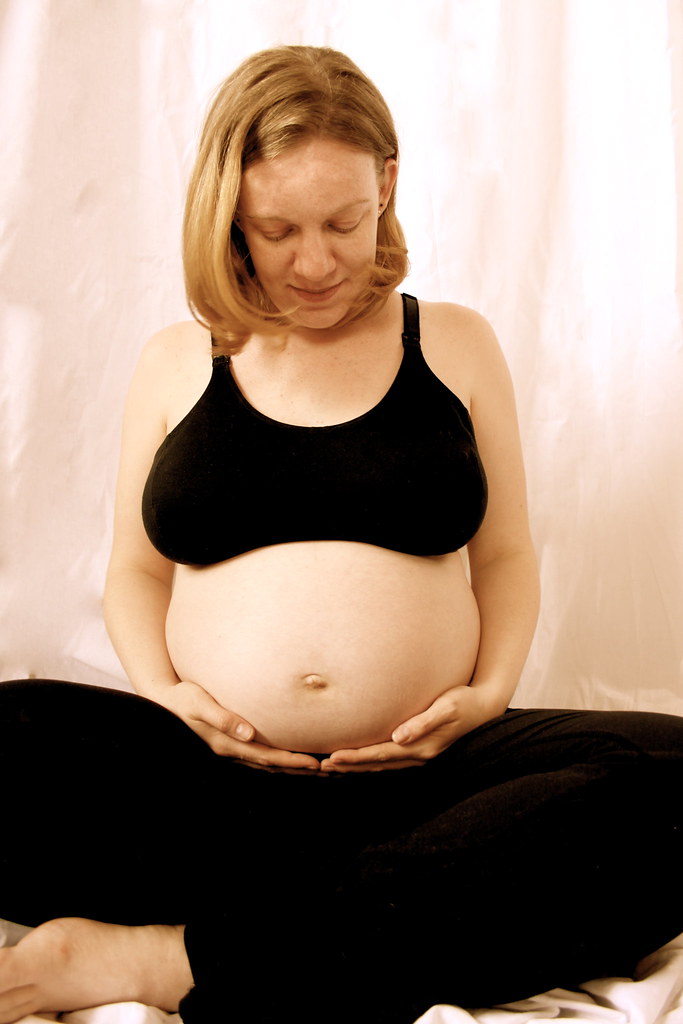

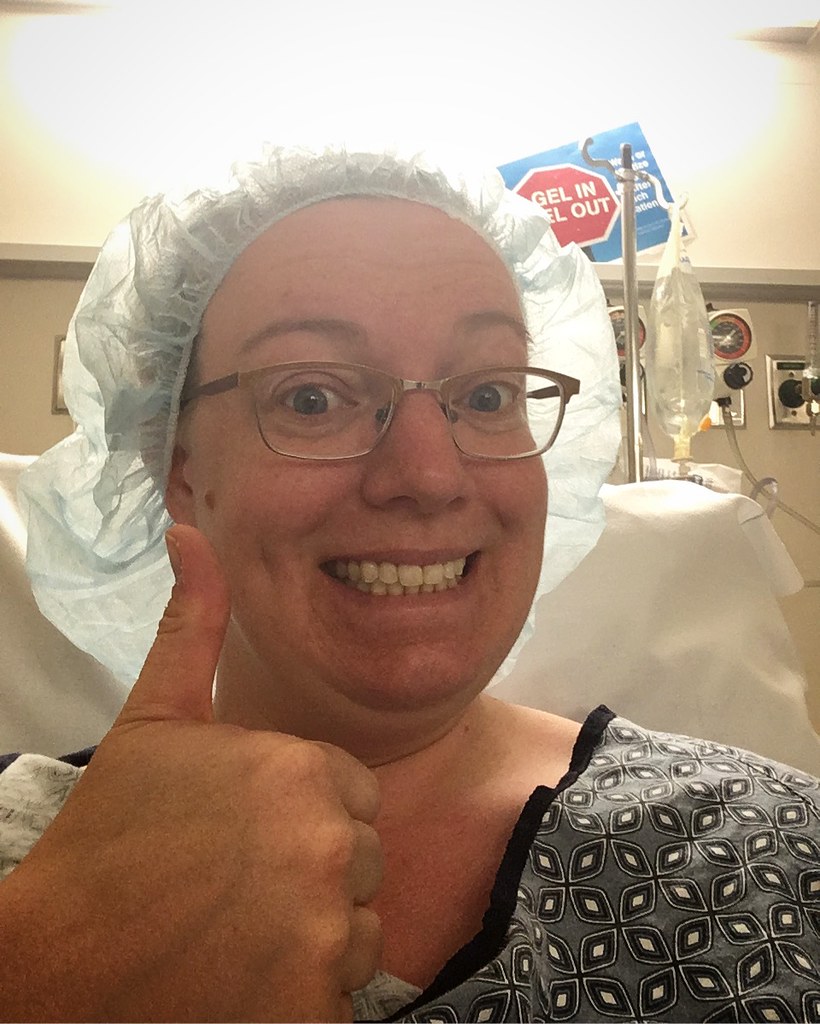
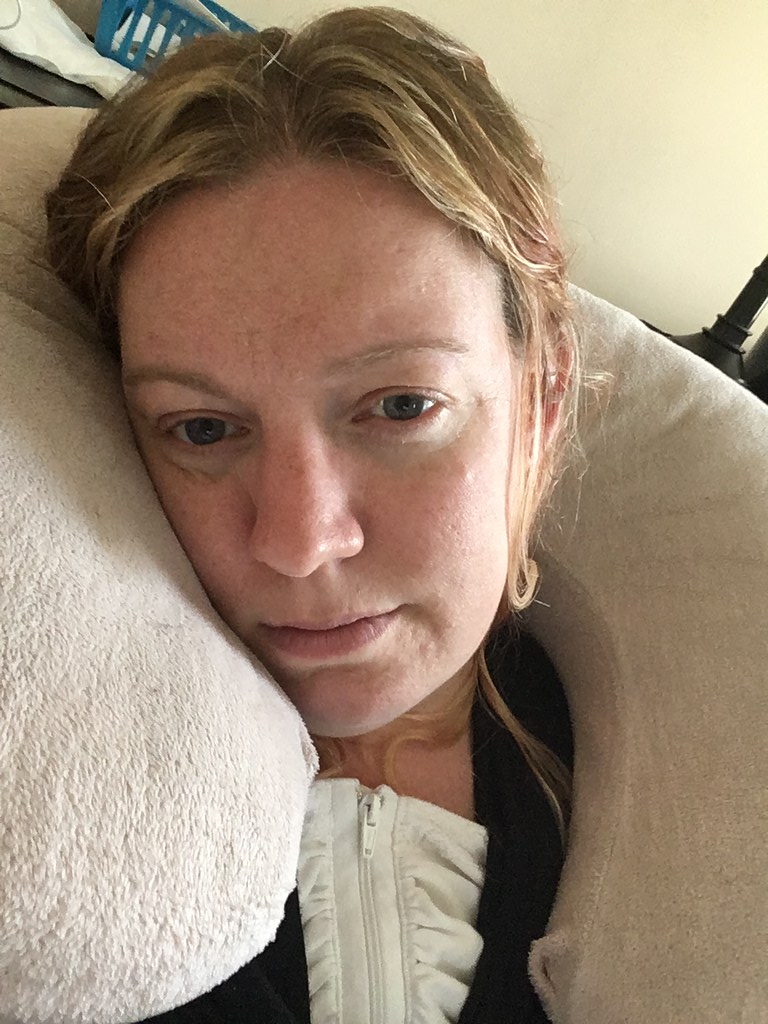
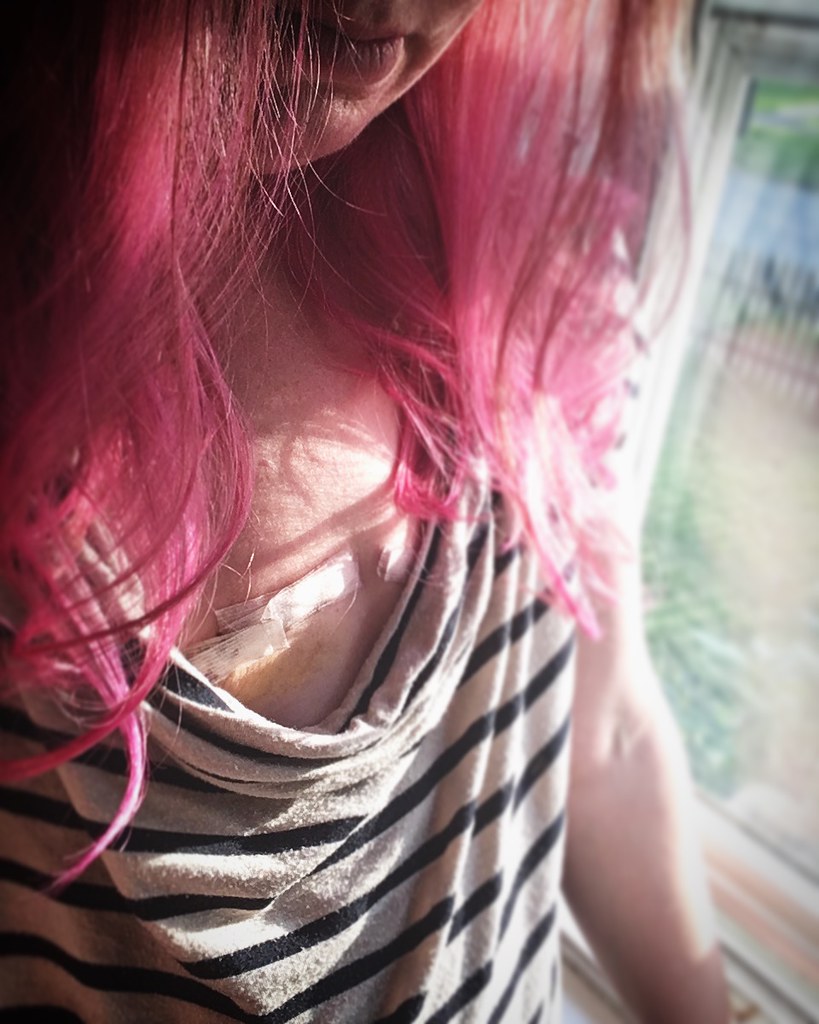
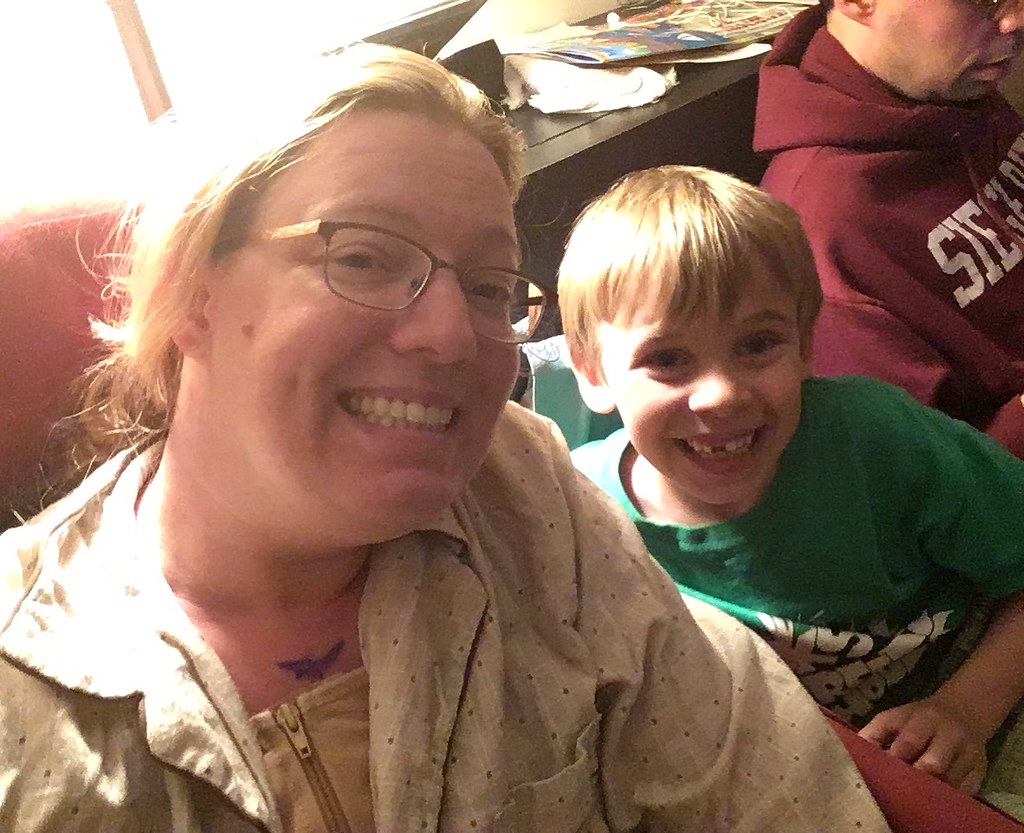

 Follow
Follow 

